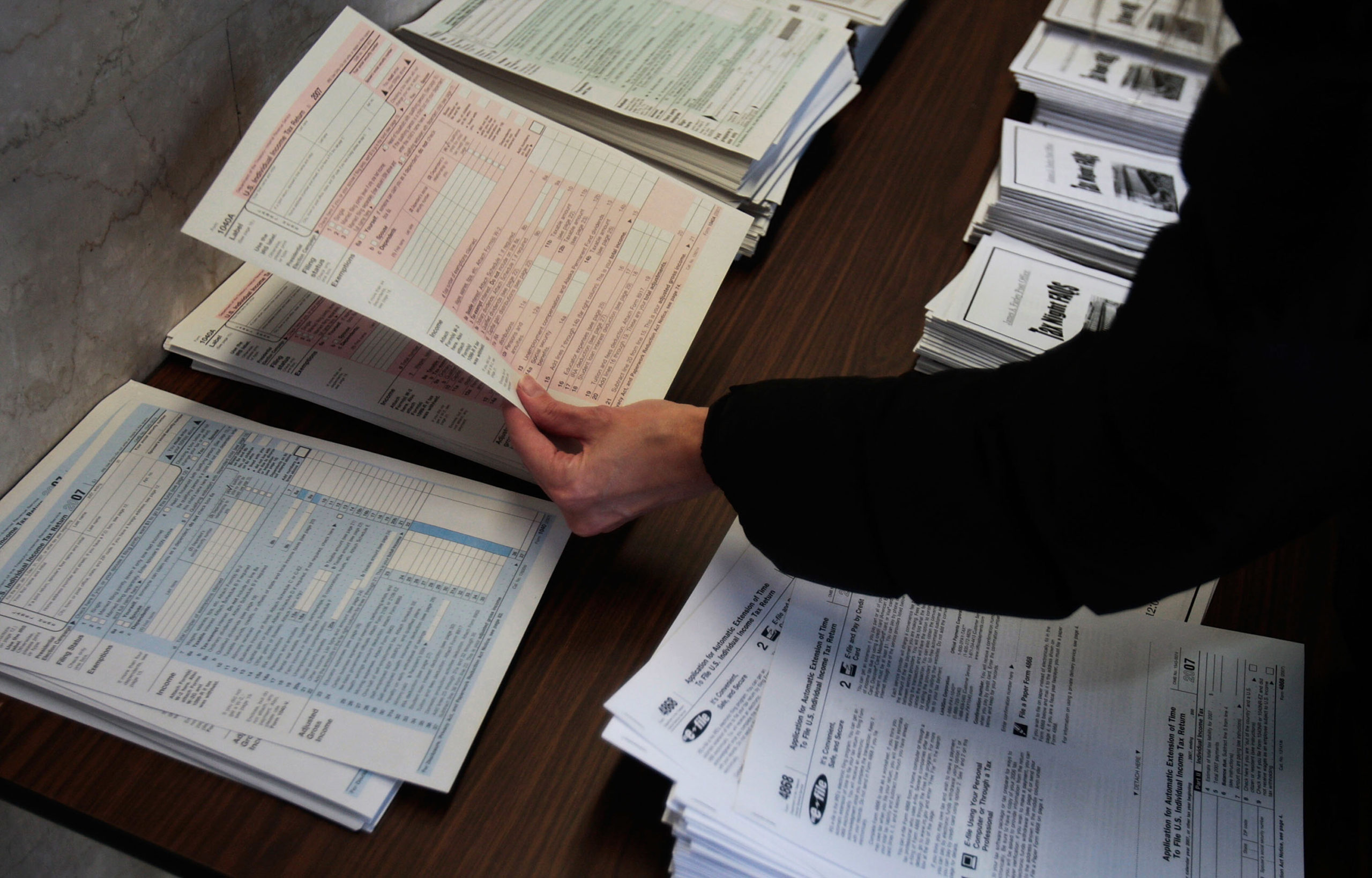The Georgia Department of Revenue is allowing residents to claim embryos as dependents on their state tax returns, if a heartbeat is detectable.
Earlier this week, the department announced, “In light of the June 24, 2022, U.S. Supreme Court ruling in Dobbs v. Jackson Women’s Health Organization and the July 20, 2022, 11th Circuit Court of Appeals ruling in Sistersong v. Kemp, the Department will recognize any unborn child with a detectable human heartbeat, as defined in O.C.G.A. § 1-2-1, as eligible for the Georgia individual income tax dependent exemption.”
According to the statement, the taxpayer “may claim a dependent personal exemption as provided for under O.C.G.A § 48-7-26(a) and (b)(3) in the amount of $3,000.00 for each unborn child.”
It continued, “Similar to any other deduction claimed on an income tax return, relevant medical records or other supporting documentation shall be provided to support the dependent deduction claimed if requested by the Department.”
Concluding the statement, the department said, “Additional information, including return instructions to claim the personal exemption for an unborn child with a detectable heartbeat, will be issued later this year along with other tax changes impacting Tax Year 2022 Georgia individual income tax returns.”
UPDATE: The Georgia Department of Revenue lays out its guidance allowing Georgia taxpayers to claim an unborn child as a dependent on a state tax return.
— Rahul Bali (@rahulbali) August 1, 2022
This follows Georgia's new abortion law taking effect last month. #gapol
Read more here: https://t.co/QQJt7nJi9X pic.twitter.com/31gsUjLDVP
The Washington Post noted the guidance does not address what would happen if a woman had a miscarriage or stillbirth.
Last month, a federal appeals court panel allowed the state’s abortion law banning the practice after roughly six weeks of pregnancy to go into effect.
The ruling explained that the Supreme Court case that reversed Roe v. Wade “makes clear that no right to abortion exists under the Constitution, so Georgia may prohibit them.”
Georgia Gov. Brian Kemp (R) issued a statement reacting to the ruling on Twitter.
“Since taking office in 2019, our family has committed to serving Georgia in a way that cherishes and values each and every human being, and today’s decision by the 11th Circuit affirms our promise to protect life at all stages,” Kemp tweeted.
Since taking office in 2019, our family has committed to serving Georgia in a way that cherishes and values each and every human being, and today’s decision by the 11th Circuit affirms our promise to protect life at all stages. pic.twitter.com/58SPAObBjW
— Governor Brian P. Kemp (@GovKemp) July 20, 2022
Earlier last month, a woman made headlines after receiving a ticket for driving in a high-occupancy vehicle (HOV) lane and claimed her unborn baby should be considered a second person.
The woman explained to the deputy that she was “not trying to make a political stance here, but you understand that this is a baby. It’s 34 weeks along, and for sure, she’s kicking and it’s real life.”

























 Continue with Google
Continue with Google